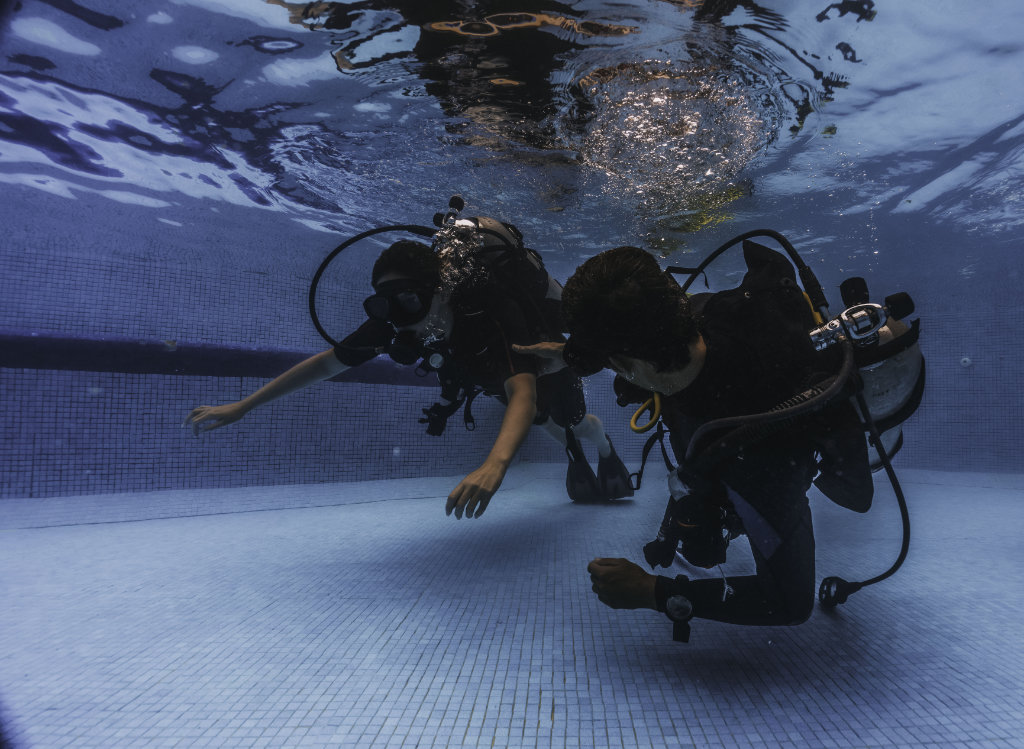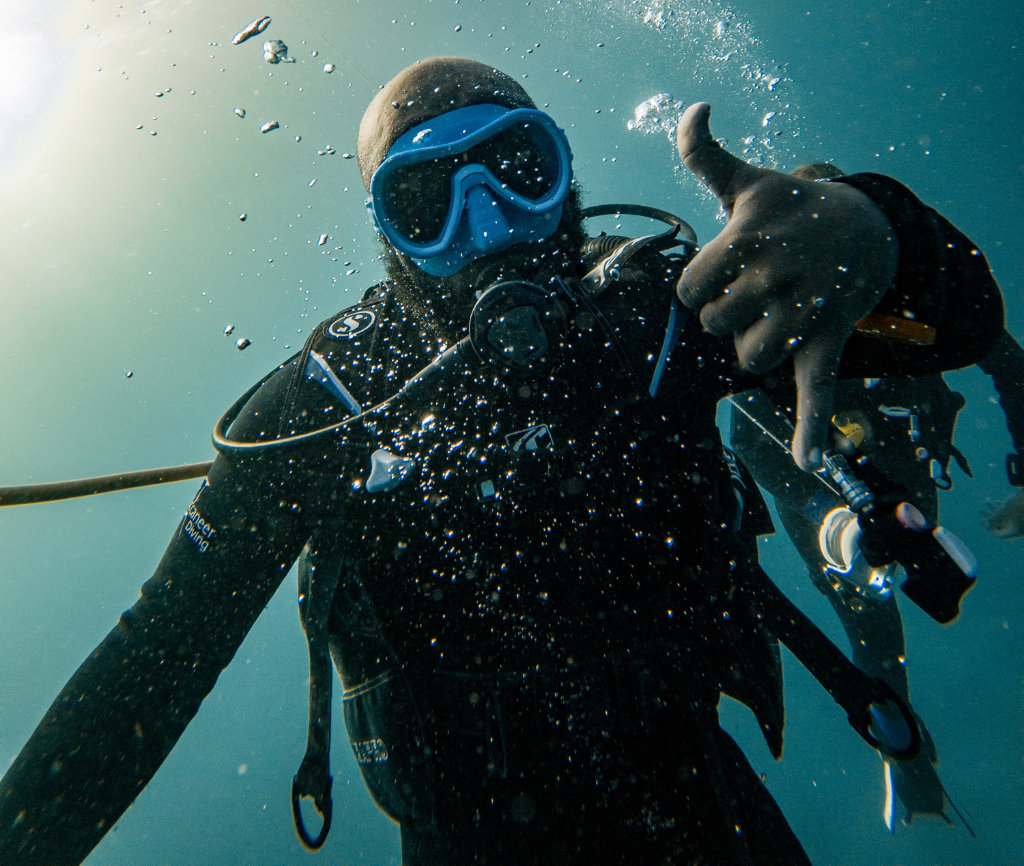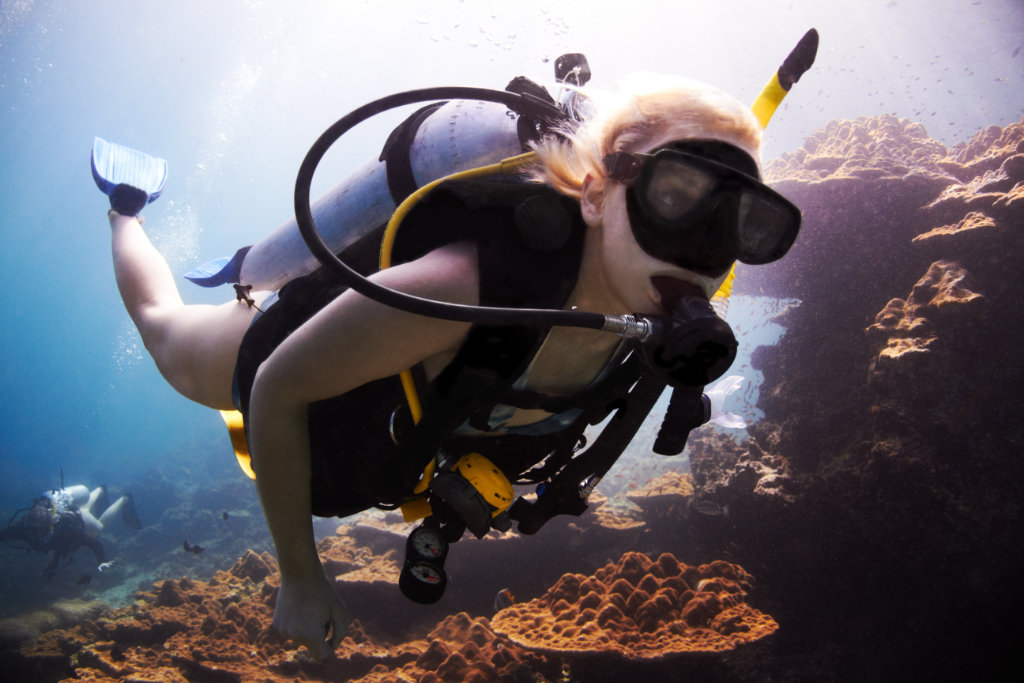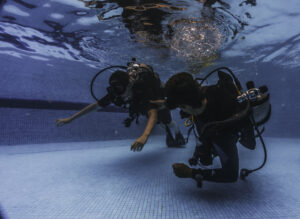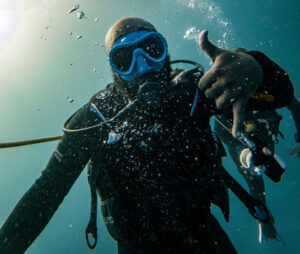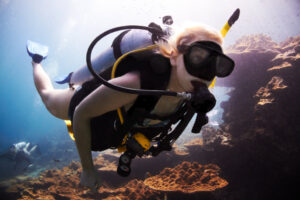Scuba diving emergencies. Scuba diving is an incredibly popular and enjoyable recreational activity, providing millions of people around the world with unique opportunities to explore underwater environments.
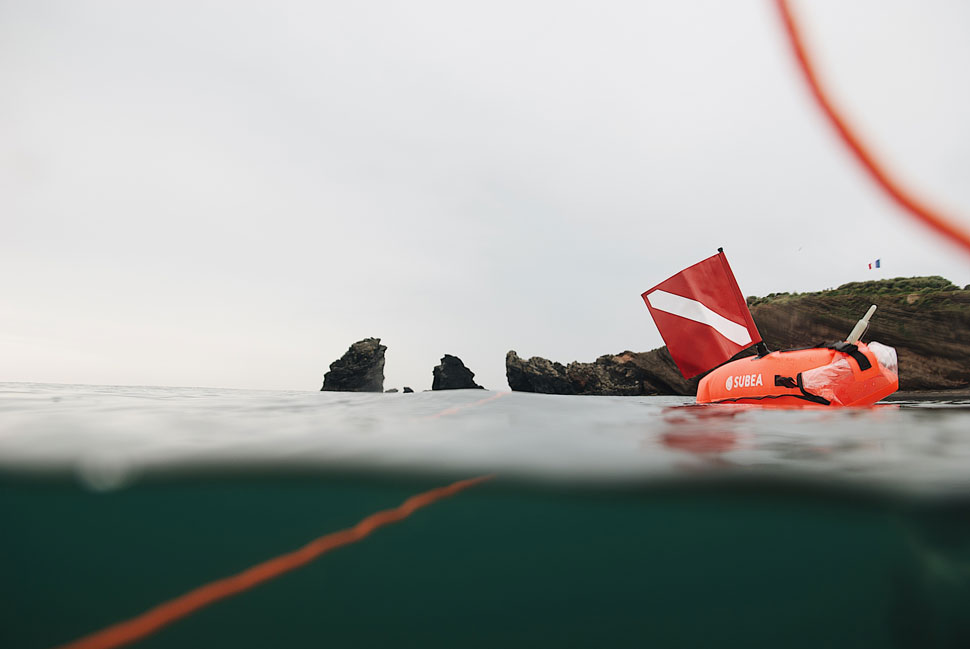
These environments can include tropical coral reefs teeming with vibrant marine life, historical shipwrecks resting unseen for centuries, or astounding underwater caves and cavern systems.
The excitement to witness the wonders of the underwater world while scuba diving can be incomparable.
However, as with any activity that takes you into an unfamiliar environment, there are potential risks and emergencies that can occur while scuba diving.
In this article, we will provide you with essential tips and information to help prevent and respond to dive emergencies, ensuring your diving adventures are as safe and enjoyable as possible.
Get the latest articles in your inbox fresh and ready to read …
Get the Scubly "All Access Pass"
All Access Pass members enjoy unlimited access to entire articles – 100% FREE
By signing up you agree to our Terms of Service and Privacy Policy. You also agree to receive our newsletters (you can easily and quickly opt-out at any time).
You will receive free access to all of our articles while you are a member of the site.
Tips for Preventing Emergencies
Preventing emergencies during scuba diving starts with proper preparation, which allows divers to better anticipate and manage unexpected situations. By following these essential tips, you can minimize potential hazards and stay safe in the underwater world.
1) Pre-Dive Safety Checklists
Before you dive, make sure to go through a pre-dive safety checklist. This should include inspecting your equipment for signs of wear or damage, checking your air supply to ensure it is full and functional, and reviewing dive plans with your buddy or dive group. Each participant should confirm their understanding of the following elements:
- Planned dive depth and time.
- Hand signals for underwater communication.
- Buddy check procedure, where each diver inspects their partner’s equipment.
- Emergency procedures, such as sharing air or safe ascent techniques.
A thorough safety check can help identify any potential issues before they become emergencies underwater.
2) Proper Training and Certification
Ensure that you and your dive buddies have appropriate training and certification from a reputable organization, such as PADI or SSI. These organizations provide a structured diving education system that covers essential topics such as:
- Dive theory, including physiology and equipment.
- In-water training for essential scuba diving skills.
- Emergency procedures and self-rescue techniques.
Regularly refresh your skills and enroll in continuing education courses to stay up-to-date on best practices in scuba diving.
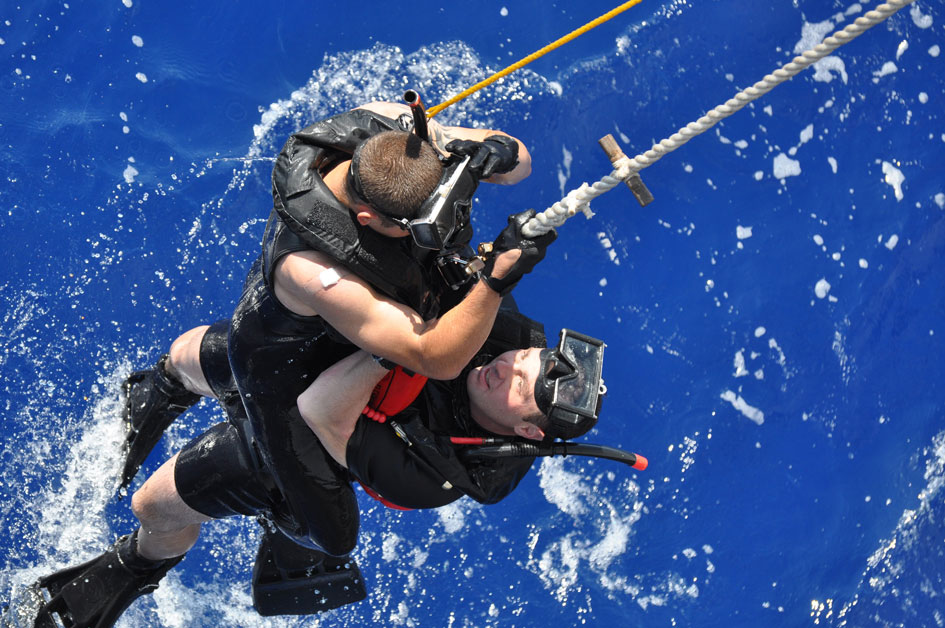
3) Adhering to Dive Limits
It’s important to dive within your personal limits and those set by your certification level. Pushing yourself beyond your limits dramatically increases the risk of accidents and emergencies.
To ensure a safe diving experience, follow these guidelines:
- Respect the depth limits specified by your certification level.
- Monitor no-decompression limits and adhere to them.
- Observe optimal surface intervals before conducting consecutive dives.
4) Avoiding Hazardous Areas, Marine Life, and Other Divers
Be aware of your surroundings and respect the underwater environment by avoiding hazards, such as strong currents, rocky areas, and dangerous marine life. To do this, you can:
- Research local conditions at your dive site to be aware of any potential hazards.
- Follow guidelines provided by your dive operator or instructor.
- Maintain a safe distance from other divers to avoid accidental collisions.
- Respect marine life and avoid touching or disturbing coral or creatures, as they may respond defensively.
Responding to Emergencies While Underwater
When an emergency occurs underwater, quick thinking and appropriate action can make all the difference. Here are some valuable tips to help you effectively respond to Dive Emergencies:
1) Remain Calm and Assess the Situation
The most important step in any emergency is to remain calm and assess the situation as quickly as possible. Panic can impair your judgment and make an emergency situation worse. Take a moment to identify the type of emergency (e.g., equipment failure, medical issue), and establish communication with other divers if needed. Remember that your training is designed to help you handle such situations, so trust in your skills and knowledge.
2) Take Action Accordingly
Depending on the type of emergency, you can take various actions to help resolve the situation. For example:
- Equipment failure: If your air supply fails, signal to your buddy and share their alternate air source (octopus), while ascending to the surface at a controlled rate.
- Medical issue: If you or a fellow diver experience symptoms of decompression sickness, cease further diving and seek immediate professional medical assistance.
- Entanglement: If you become entangled in fishing line or other debris, use a dive knife or cutting tool to carefully free yourself. Signal to your buddy for assistance if necessary.
3) Know Your On-Board and On-Site Supplies
Make sure you are familiar with the emergency supplies available on your dive boat or at the dive site. This may include emergency oxygen, first aid kits, and emergency communication devices such as a VHF radio or EPIRB (emergency position indicating radio beacon). Be prepared to use these resources if needed to assist with a Dive Emergency.
4) Perform Rescue Breathing if Necessary
In the event that a fellow diver loses consciousness or stops breathing, knowing how to perform rescue breathing can save their life. Take a rescue diver course to learn these essential skills and be prepared to step in if a life-threatening emergency occurs. This course will teach you how to:
- Identify and respond to a diver in distress, both on the surface and underwater.
- Administer rescue breathing while towing a diver to safety.
- Perform CPR and administer emergency oxygen if necessary.
5) Be Aware of Nearby Help Options
When diving, particularly in remote locations, it’s essential to know where help is available. Familiarize yourself with the location of nearby boats, lifeguards, and emergency response centers before beginning a dive.
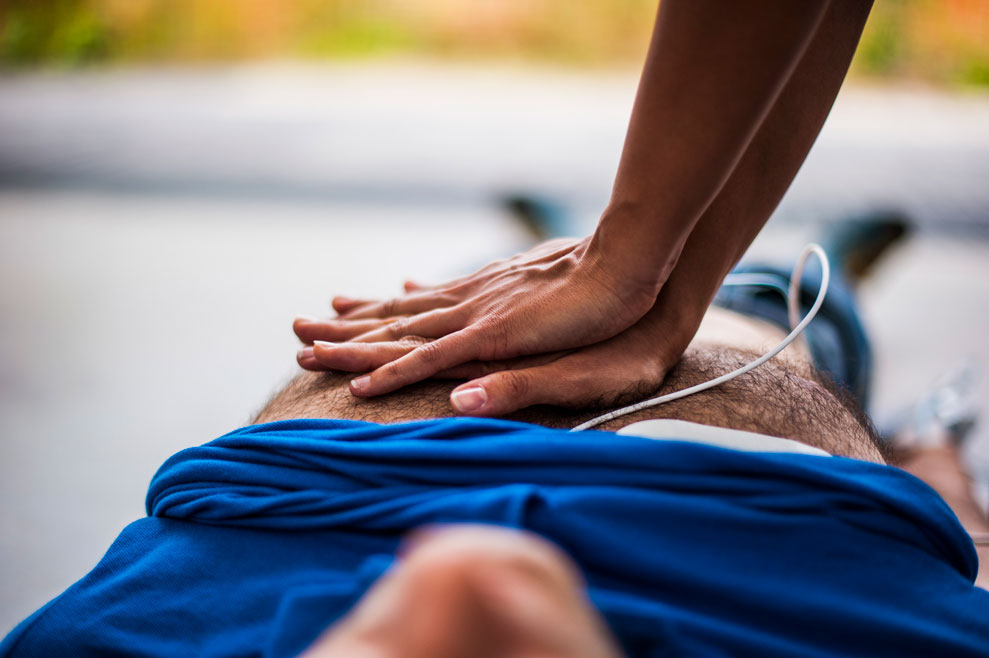
Establishing a plan for accessing this help in case of an emergency can be crucial in ensuring a swift and effective response.
The Safety Stop
Scuba diving is an incredible and rewarding hobby, but it’s essential to always prioritize safety above all else.
By following these life-saving tips and guidelines, you can greatly reduce the likelihood of encountering scuba diving emergencies and be well-prepared to respond effectively when needed.
Remember that safety starts with thorough training and preparation, so invest in your skills and knowledge to ensure a safer diving experience.
Dive safe and happy diving!

